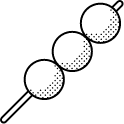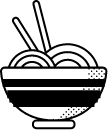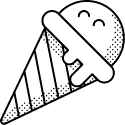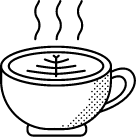
Tasting Room > Business, Management, Admin Table > Maro Shin
Interview conducted in August 2022
Appetizers
Starting with some basics.
Job Title + Years of Experience
Senior Analyst, 6 years
Areas of Expertise
Finance - FP&A
Company + Industry
Kinesso, Advertising
Education
Pace University, Bachelor’s in Business Administration, Finance
Fordham University, Master’s in Media Management
University of Massachusetts Amherst, MBA in Business Analytics
Fun Starters
Getting to know the human side.
Favorite dessert?
Pecan Pie. If I see pie while walking, I will buy it
Favorite book or movie?
Favorite book: The Book of Joy.
Favorite Movie: Eternal Sunshine of the Spotless Mind
Myers-Briggs personality type
ISFJ
What do you like to do for fun?
Brazilian Jiu-jitsu (on hiatus) and bowling (I suck!)
What's one thing you recommend doing in your city, New York, New York?
Statue of Liberty. Just kidding. Spend a day walking, eating, and drinking along the Hudson river. End up in Stone Street to finish the night!
Main Course
A quick deep dive into the day-to-day job.
Tell us about yourself and your job.
I'm a Queens native in NYC working as a Sr. Financial Analyst at a company called Kinesso. Being a Sr. Financial Analyst is more than just working in spreadsheets, it's also about developing relationships with internal stakeholders (other department employees) and telling them a story from numbers.
I not only report on the typical revenue, expenses, and profit but also do various analyses to drive strategic initiatives (cut costs? improve revenue? see where we can improve processes?). Overall, it's literally a job where I wear many different hats in a positive way, not a "we're going to work you to death" type of way.
How did you end up in your field? What do you like about it?
In 2015, when I was looking for an internship, I was focused on having a career in Investment Banking, Private Equity, and/or Asset Management. This was the norm as my school was right by Wall Street. However, in one interview, the interviewer berated me over an answer. I cordially insulted him back and walked out of the interview. I was offered the internship because he liked my attitude. And I told myself at the time, if he's impressed by that, this industry's not for me.
Thus, I landed an internship at the Food Network where I was employed full-time! This began my career in media, advertising, and entertainment. The best part is that even though I'm in finance, I have to know the underlying business. For example, at the Food Network, I had to see how the shows were produced, the legalities behind them, the terminologies, and current events around the celebrities all before I can put that into a number. Like I said, wearing multiple hats in a positive way!
What does a typical morning look like on the job?
I read through my emails and create a to-do list of all the things I have to accomplish for the day. I meet with my supervisor and team to discuss any potential fire drills (rush projects), deadlines, and projects. We divvy up the work and get to it!
Cool, then what does a typical afternoon look like?
During the afternoon, I work on the main things highlighted in my morning meeting. If I have some time, I'll work on smaller tasks or longer-term projects.
Right now, I'm working on creating a Power BI Dashboard so that leadership can easily view various areas of the business!
What types of projects and meetings are you involved in?
My work usually involves communicating with all sorts of people within the organization. That then evolves into the analysis portion, which takes up a bulk of my time.
Finally, the analysis is turned into a PowerPoint and the meetings I have are more discussion based. The meetings usually result in more follow-up work or completion in the task.
Who do you collaborate with in meetings and projects? Cross-functional teams? What's it like?
I collaborate most with my team and supervisor to get their insights and guidance. When I need information, I'll reach out to the teams that my work will directly affect. If my project is based on an analysis of our Marketing budget, for example, I'll be speaking with the Marketing team to understand their business!
Oftentimes, I found that people are open to talking and being a good partner. Sometimes they may push back or be tough but they're all really nice people. And if you can meet them in the middle, they're usually satisfied. But one good takeaway is that learning to "walk the walk and talk the talk" is important. What I mean is, that you don't want someone telling you that you can no longer spend more than $100 a month on something you thought you could spend $250 a month on. You want to be told nicely and with a solid explanation. So, understand the business and input your area of expertise into the conversation with a touch of empathy!
Dessert
Now for some juicy insights in the tea room.
What's the most challenging thing about your job?
Having other teams meet deadlines. Oftentimes, I'll be following up with people to provide the requested information. At times, I feel bad because I have to pester them on emails, on teams, and in meetings.
Another challenging aspect is sometimes churning data into a story. The audience I work with isn't always well versed in numbers and I can't put 1,000+ rows of data into a PowerPoint. So the difficulty comes in translating the 1,000+ rows into a quick and easy presentation.
What are some characteristics that can help someone succeed in your role?
Having boundaries and knowing when to say "I don't know". A lot of my input in my job impacts the company. Anywhere from decisions made by executives to even the stock price. So if I'm scared to tell someone "I don't know" and do what I think they're asking for, it can have some severe consequences. So always say "I don't know but let me find out."
As for boundaries, because I'm in Finance, people reach out to me at all hours and request things to be done yesterday (hahaha). A lot of the time, what others needed yesterday can usually wait until the day after tomorrow, so to speak. Even with my supervisor, I'll tell him I cannot do something because I'm working on XYZ first. Either we then work around it or we try and push a couple of deadlines.
Any advice on how to stand out and get hired for those just starting off?
Be human. Not like the captcha tests but if you're going for a Finance role in a non-finance industry, don't be so uptight and serious. Your hiring manager is looking to see if you fit the qualifications for the role. But he/she/they are also looking to see if you are someone that he/she/they can enjoy working with. If your qualifications are a little lacking but your attitude is approachable and friendly, you're much better off.
Skills can be taught but attitude is inherent and difficult to change. In my area of work, we're known less as the finance people and more as the relationship management people. Finance people get a bad rep. So if other department employees can associate us as friendly and easy to work with, we will receive more information and more cooperation!
What's something that surprised you about your job?
How friendly people are. I always thought people in Finance and Accounting were boring and hard to work with. However, it turned out they're really friendly.
Additionally, I found that people sitting in executive positions were not how they seemed on television aka intimidating and entitled. I've had presidents of television channels call me by name and ask me about school, life, and work!
What do you see your next step being?
I see myself as being a Finance Manager in the next year or so! In 5 years, I hope to have started my own company too!
Any last thoughts, advice, or recommendations for someone who wants to do what you do?
My mentor once told me: trust the process, trust the result.
At my job, when I work on a project, regardless of whether or not I'll have to do it again, I follow this mentality. I approach my analyses as if I'll have to revisit this in the future. For example, maybe I'm working on an analysis in Excel and although I can copy and paste data and prettify it a little, I'll take the extra step to automate it and make it user-friendly.
There have been times I've been asked to develop something and I immediately think of some prior projects that I worked on. Although the end result of the spreadsheet may not be what I need, the framework behind it will take out 50% of the work for me because I took the time to build that process and as a result, I can trust the result.



